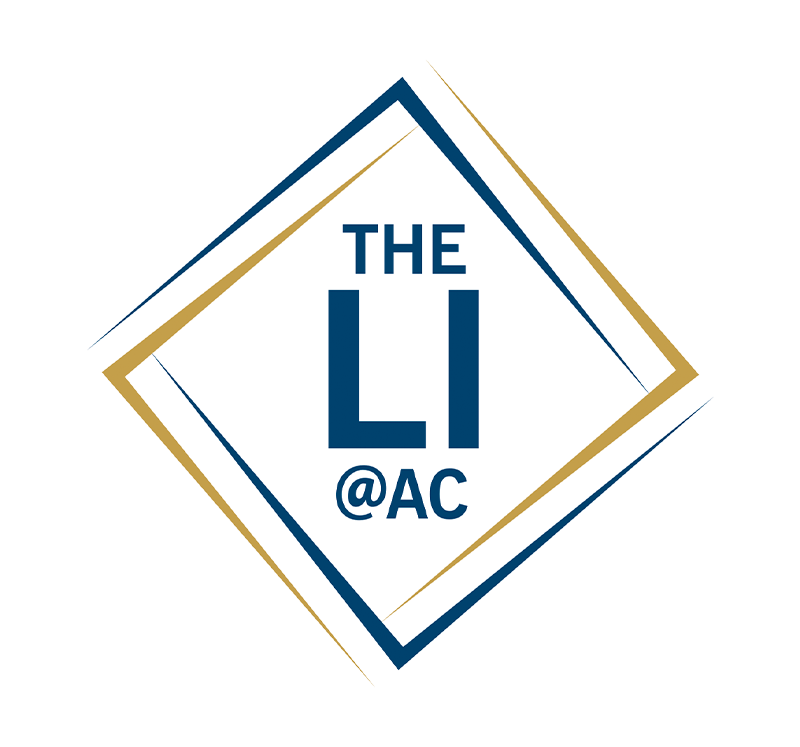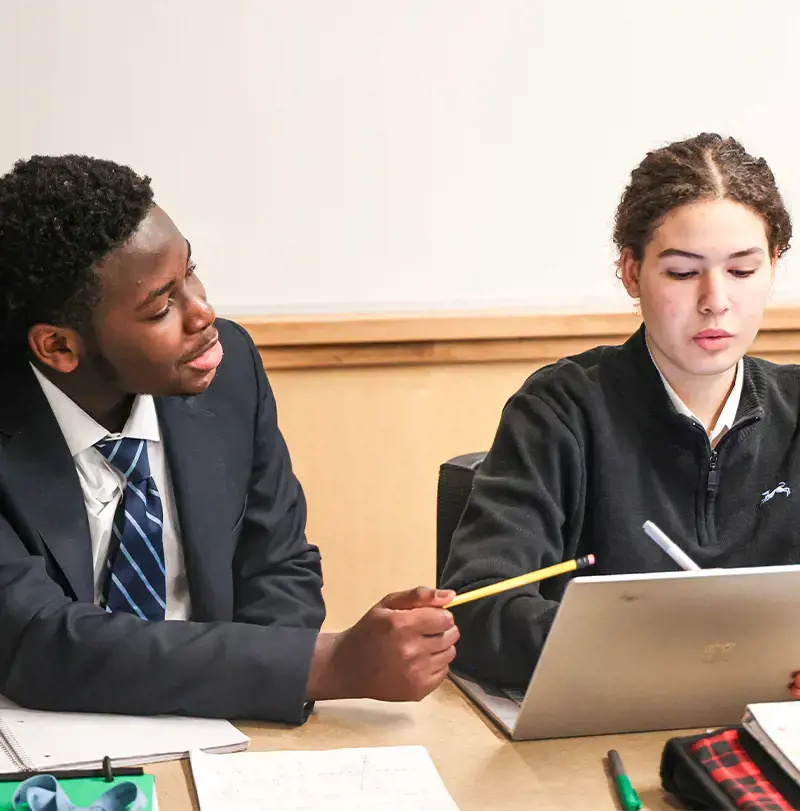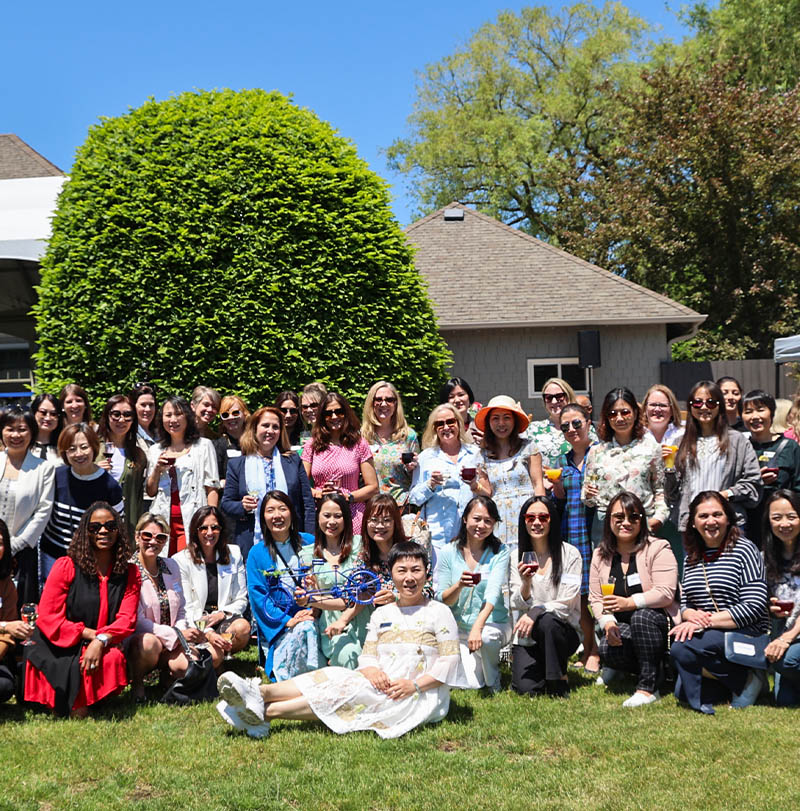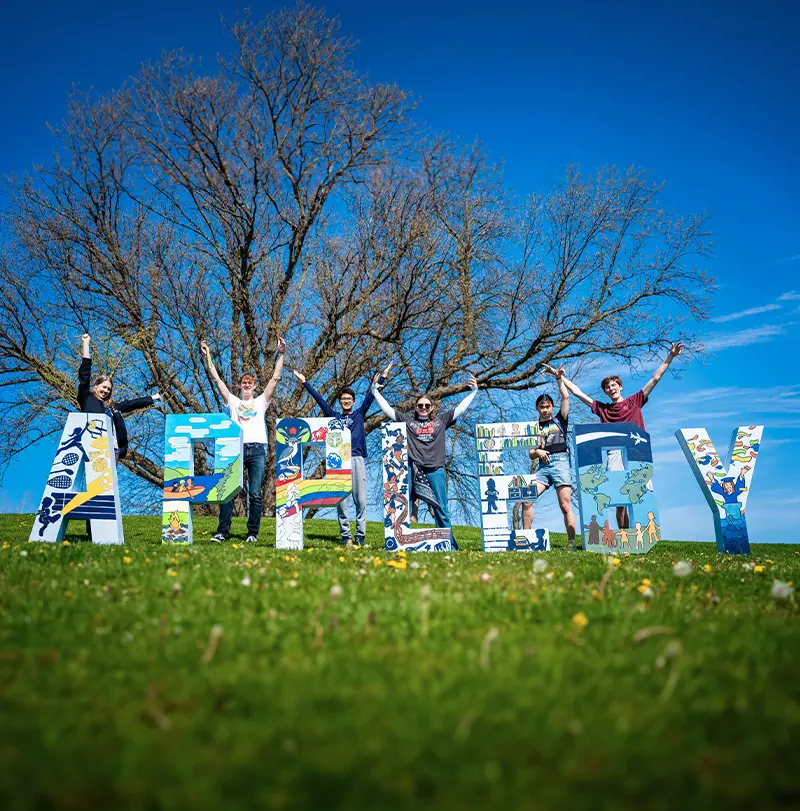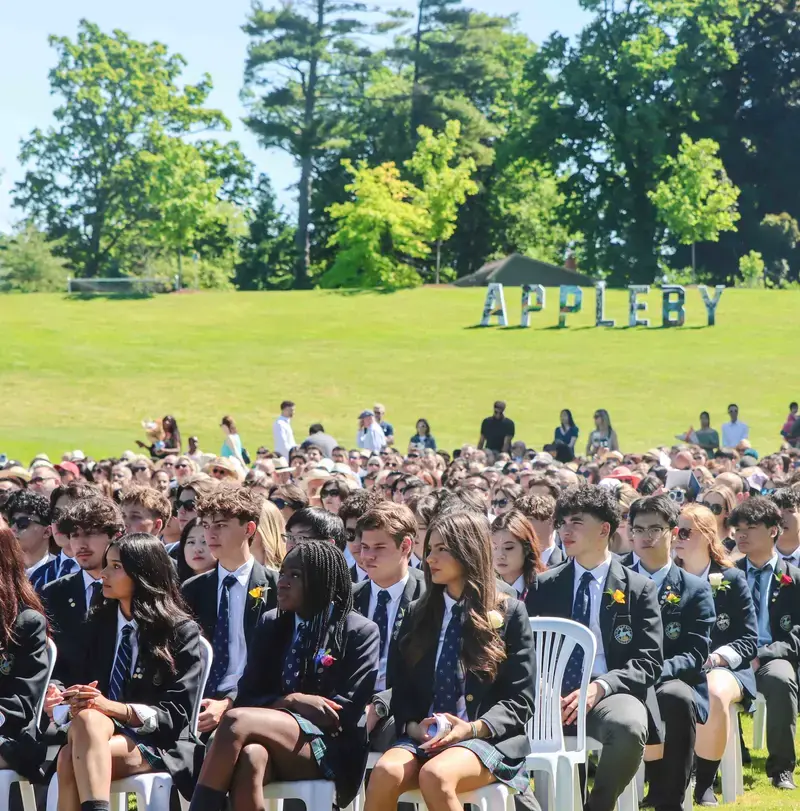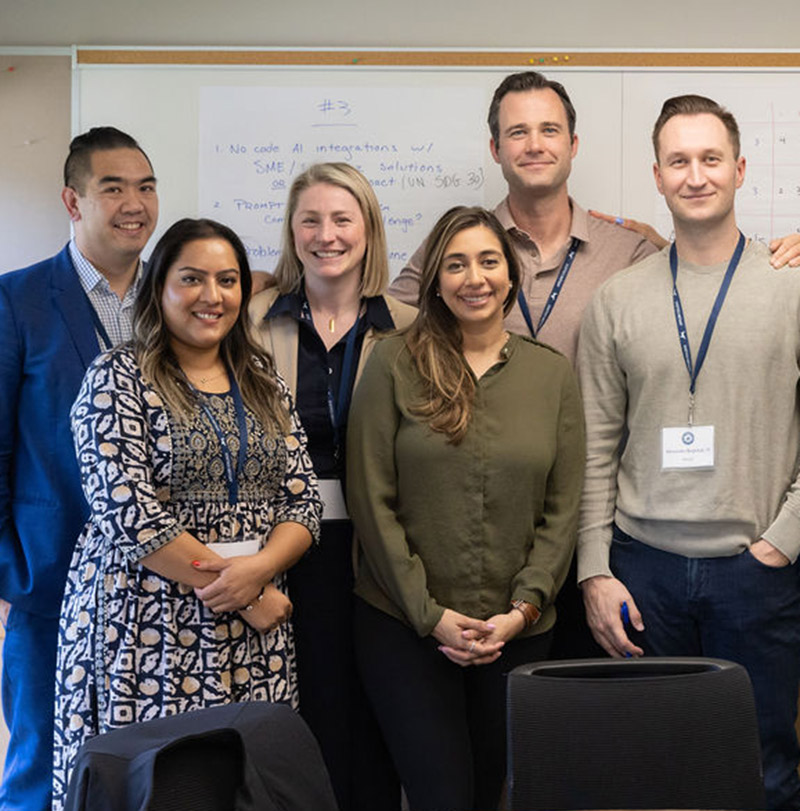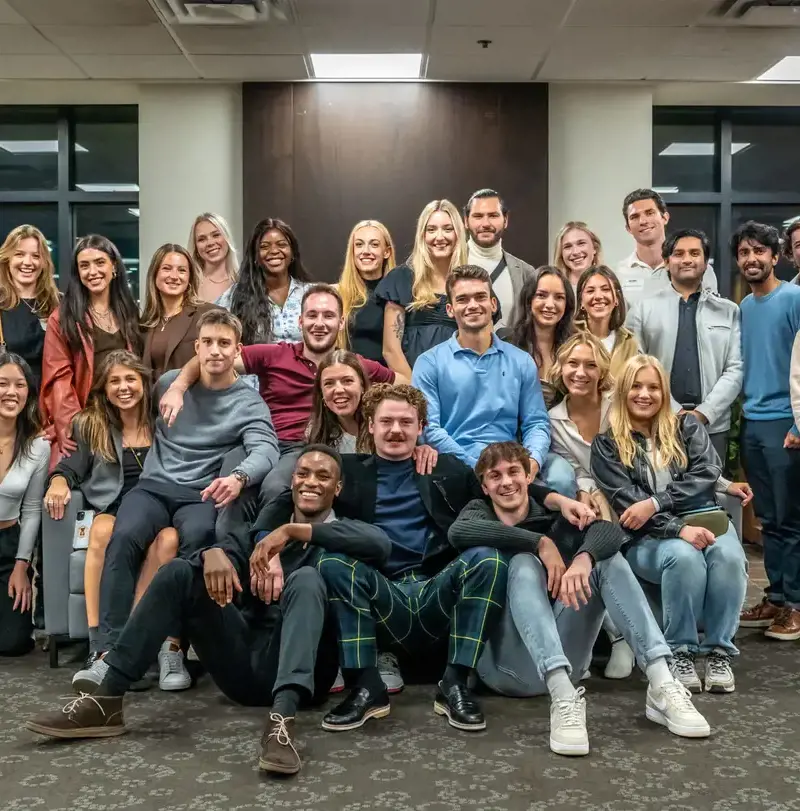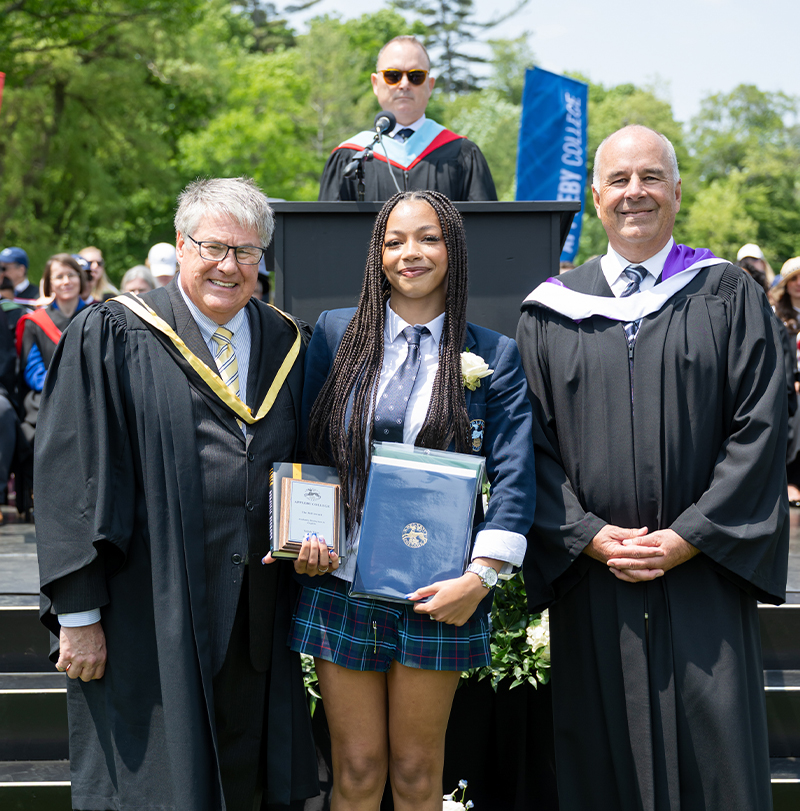Leaning in Together – Reflections on International Women’s Day in 2021
by Glenda Stoneman
This past October, nine Appleby female faculty dressed as Ruth Bader Ginsberg for Halloween. Some had planned this in advance and knew that others were wearing the same costume, but others did not — it was completely by coincidence. What was intriguing was that somehow the number of us dressed as RBG added to nine — the same number of Supreme Court justices in Ruth Bader Ginsberg’s famous quote. So why RBG? Yes, it was timely, and we are on trend. But as the black gowned, frilly-collared RBGs appeared one after another through disparate corridors that morning, this need to channel her seemed more spiritual. It seemed like an homage, a “thank you” for her rich contributions to women’s equality, for her enlightened perspective that challenged long-standing beliefs.
Why do we take time to celebrate women who paved the way for all of us? Because we enjoy rights and freedoms that they won. March 8 marks International Women’s Day, a day begun as a worldwide initiative for a full year in 1975. Now, 46 years later, the day’s theme is “Choose to Challenge.” Here’s why it still matters in 2021.
Why do we take time to celebrate women who paved the way for all of us? Because we enjoy rights and freedoms that they won.
.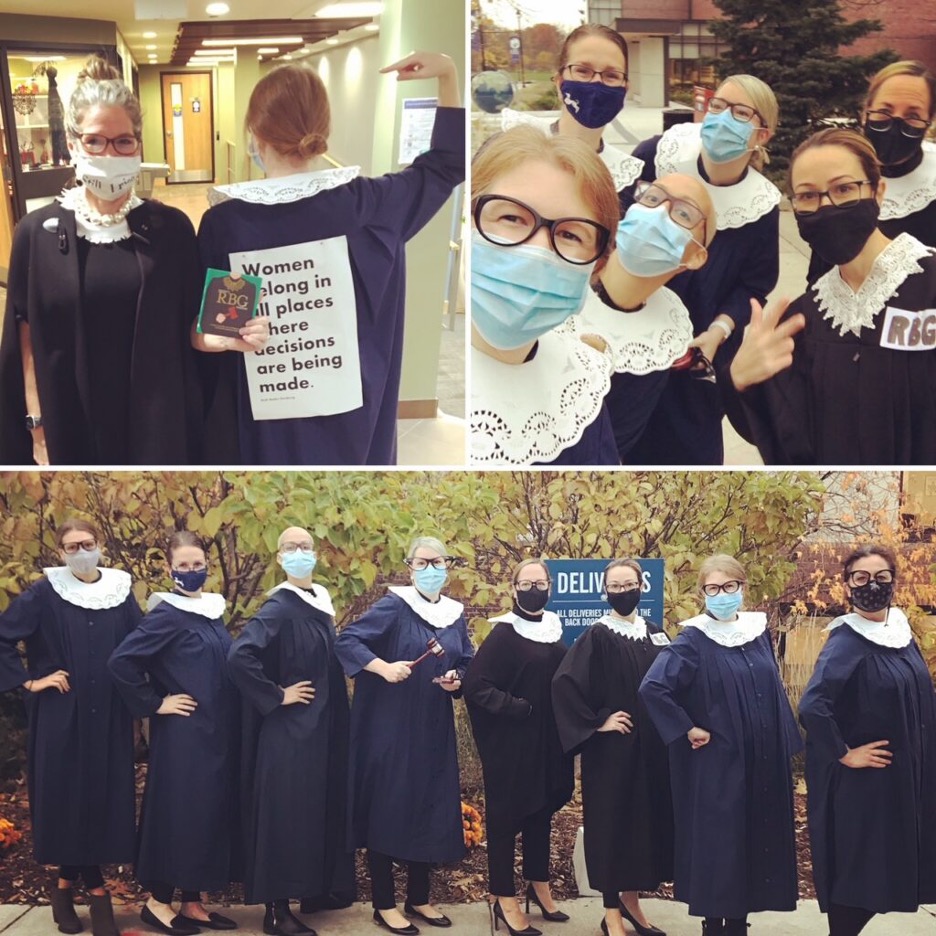
Appleby’s RBG homage
Women’s leadership challenges are compounded in certain workplaces, and in certain circumstances. For example, systemic barriers continue to limit women’s potential socially, economically, and professionally. Moreover, research has shown these challenges have been amplified during the global pandemic. Scholars such as Felice J. Levine, Executive Director of the American Educational Research Association (AERA) points out that 70% of female doctoral students and 74% of female scholars with childcare responsibilities reported a significant increase in stress and uncertainty due to COVID-19. Harvard Business Review (2021) found that women in all socioeconomic sectors have been disproportionately affected by the pandemic, leading scholars to recognize a “Double Pandemic”, and predict that many of the gains made in the last 10 years could be lost because of this disruption (Campbell & Gavett, 2021).

Home-Life Struggles.
A few years ago, Sheryl Sandberg (2013) famously told women that to improve their power, they had to “Lean In:” show commitment, stand taller, speak louder, demand their place in the corner office, or what’s often called the “C-Suite.” She had a point. Women must develop their own leadership skills because the world has done little to encourage their workplace promotion. Studies have shown that leadership is often gendered, and “think leadership, think male” is still a common association (Schein, 2001). Take a look at these statistics:
Studies show that academically, women earn more degrees and are more likely to pursue graduate work than men.
However,
- Women earn less than men for the same work.
- Women still make less than men in every country, including Canada.
- Women are still less likely to be seen as leaders–by all genders.
- Women are most likely to sacrifice career aspirations.
- Women are more likely to be put in “glass cliff” leadership roles.
- Teenage boys are most likely to be seen as leaders by their female and male peers, and by their peers’ mothers (!) (Making Caring Common)
- In Canada, a woman has never been elected Prime Minister.
- At all levels of society, the structural discrimination against women continues.
- The pandemic has disproportionately affected women.
- Being female continues to endanger hope, autonomy and life in certain societies.
International Women’s Day continues because full gender equity has not been achieved—yet. On March 8, we honour women, and we challenge the world to be more inclusive.
International Women’s Day continues because full gender equity has not been achieved—yet. On March 8, we honour women, and we challenge the world to be more inclusive. We continue to develop ourselves, and our leadership, so that collectively, we will change the world. Imagine the power of us doing this together. Every girl, every woman, every mother, every daughter. A team of strength, power and promise.
“A challenged world is an alert world and from challenge comes change. So let’s all choose to challenge” (IWD2021)
And, while we are strong, we cannot do it alone. Gender equity is not one gender’s issue. It’s the promise of partnership, inclusion, systemic change. We’re talking about the “F” word: Feminism. It’s a word that has become pejorative, a political hot potato. But the concept is simple. It’s about equity. The origin of the word ‘feminism’ is credited to Charles Fourier, a French philosopher, who used the term “féminisme” in 1837 to describe empowering women. Feminist leader, Gloria Steinem‘s definition is still regarded as the gold standard: “A feminist is anyone who recognizes the equality and full humanity of women and men.” Canada’s Prime Minister proudly displayed his “feminist” government in 2015, with equal numbers of male and female MPs because “it [was] 2015.”
The Next Gen
Appleby College explicitly encourages students to seek depth and breadth in their academic, athletic, artistic experiences, to pursue global connections, and to develop their leadership. This school encourages the next generation of leaders – of all genders – who will be responsible for ameliorating the future. For many years, our students have celebrated International Women’s Day by attending events in Halton. And although such formal, in-person opportunities will not be possible in 2021, Appleby has expanded the range of affinity groups, including a Women’s Identifying Affinity Group, so that we can lean in together. Additionally, there are moments of celebration throughout the school. This month, the Chapel team Instagram celebrates women of impact in our local and national community, recognizing intersectional feminism especially Indigenous, Black, and racialized women, women in lower-socioeconomic brackets, older women, immigrant women, and women with disabilities.
`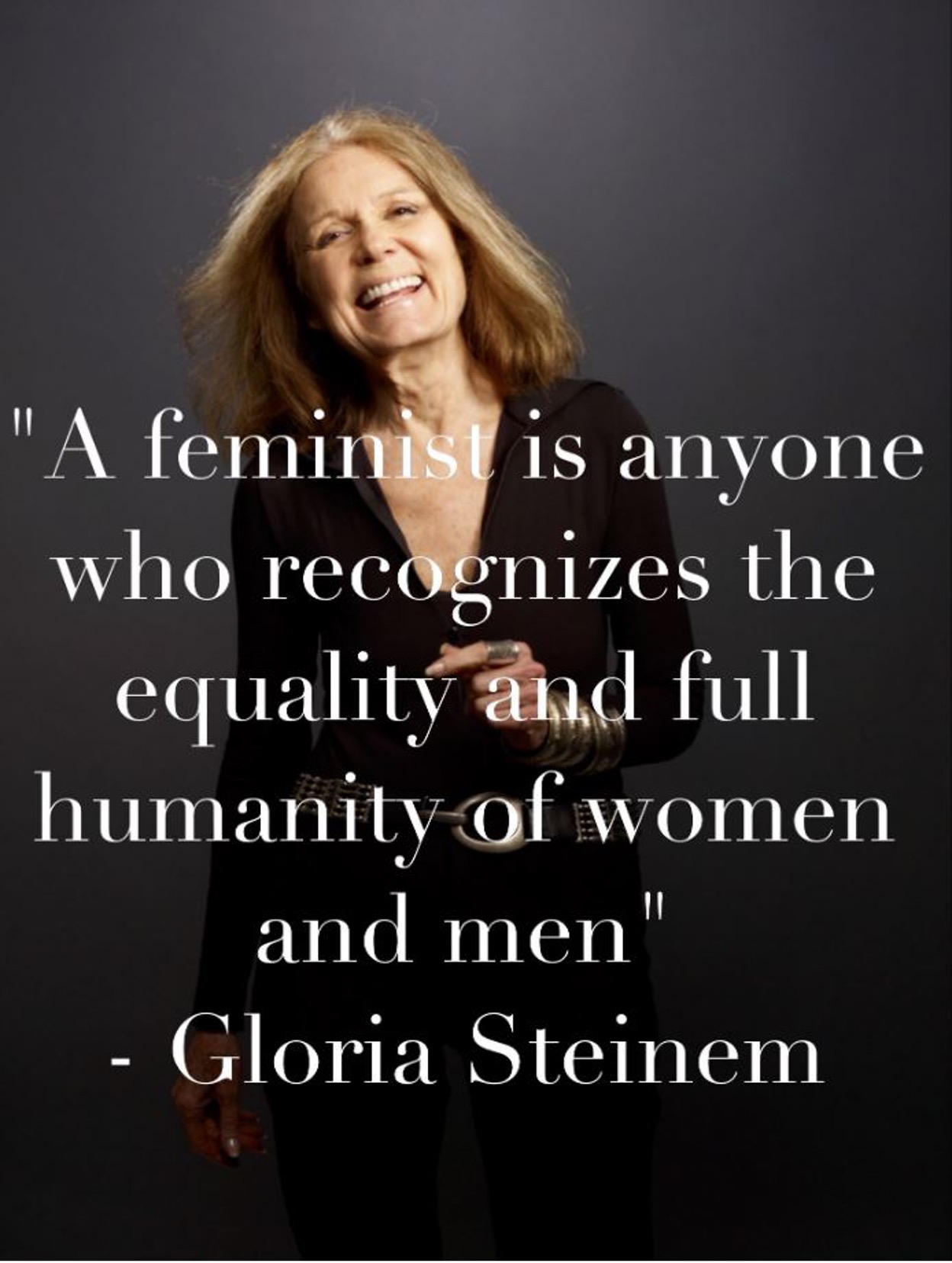
Gloria Steinem
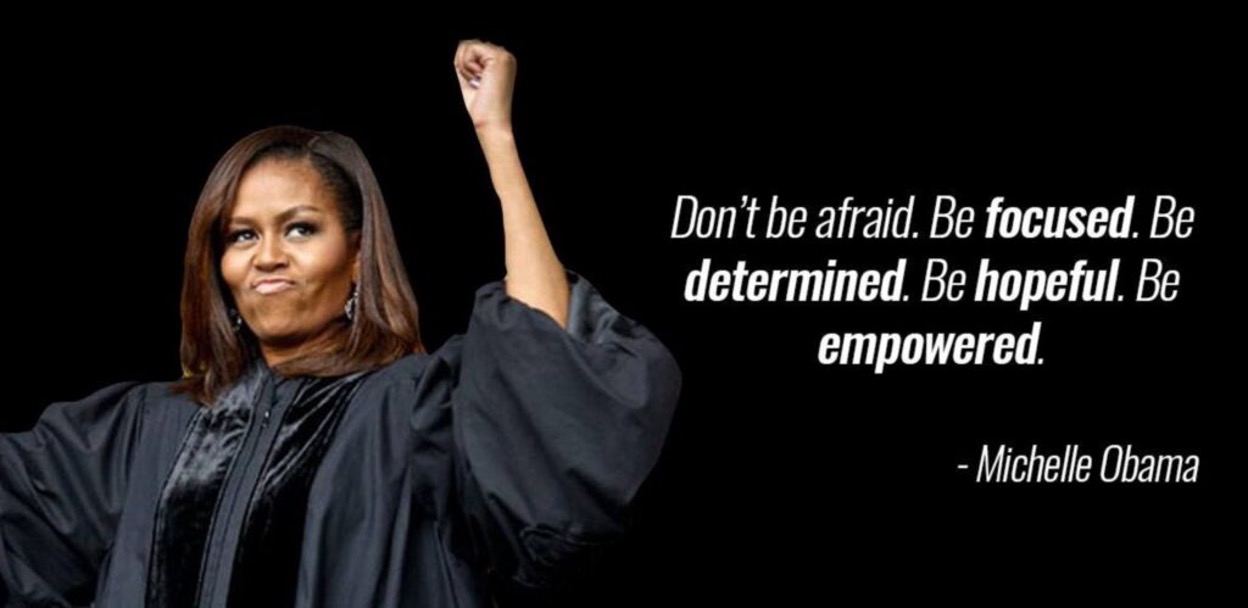
Michelle Obama
Now that we have outlined parts of our “why” for celebrating International Women’s Day, let’s consider the “how” in terms of learning, thinking, and moving forward. It’s been a year (what a year!) since we had the opportunity to embark on an impactful shared professional development experience at Harvard Graduate School of Education. We are grateful to have had this opportunity to invest in ourselves and to learn as part of a dynamic cohort of women leaders. We have sought an opportunity to share this incredible workshop with our colleagues.
A shared experience at Harvard Graduate School of Education
From February 29-March 2, 2020, we attended the HGSE’s Women in Educational Leadership (WIL) Program. Little did we know that this experience would not only be our last in-person professional development of the year, but also our last time flying, eating in crowded restaurants, and enjoying social events without masks and distancing. It seems surreal to us, when we look back.
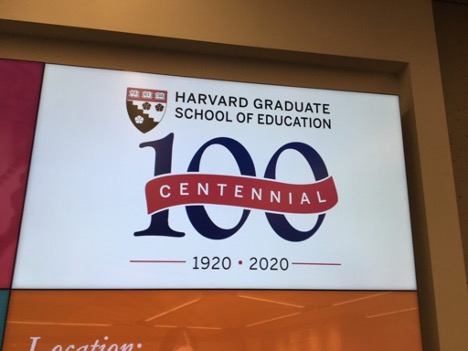
The WIL 2020 program drew together 80 participants, all educational leaders including vice principals, principals, superintendents, professors, and post-secondary leaders. It included many American women leaders as well as several from South America, Europe and Oceania. The program was led by trailblazer, Dr. Deborah Jewell-Sherman, the first woman to be named Professor of Practice in Educational Leadership at Harvard. A force in educational leadership, DJS, as she called herself, shared lessons from her extraordinary career, her struggles, and her many joyful moments as a Black woman in leading schools, districts, graduate students, and international research teams. She also brought in anecdotes from her friends, such as Sonia Sotomayer, US Supreme Court Justice, (with whom she grew up in public housing in The Bronx) to illustrate the power of ambition–and friendship–in women’s trajectories.
Under DJS’s passionate leadership, we quickly realized that this was a place of affirmation, support, reality and bounce. It would be different. On our first morning, we arrived in the small lecture theatre to see “Leaders of Tomorrow” projected on the screen. Betty Friedan? Audre Lorde? Naomi Wolf? Nope. These were our faces. The 80 participants in the room. Every one of them. Talk about a paradigm shift. Leadership research proves that we need to “see it to be it.” We saw it all around – in all these women and in ourselves. We were told to “Surround [ourselves] with those on the same mission as you.” We were a team, diverse in inspiration, strength, hope and belief, and united as women in leadership.
We were a team, diverse in inspiration, strength, hope and belief, and united as women in leadership.
This first morning, DJS–the esteemed Deborah Jewell-Sherman– asked us to stand. And sing. Pardon me? Sing?! This led to reactions ranging from excitement to disbelief to uncertainty among the participants. She cued the music, and we stood. In a YMCA-like pantomime, we clapped, bent, swayed, and gestured along to her lead, many of us mouthing the lyrics (not the two of us, of course!), and reminding ourselves we were at Harvard. DJS had discovered this song – Something Inside So Strong – years earlier, and it had become her signature anthem, a “pick-me-up” whenever she was up against it – which we learned, she had been. Often. Here’s a verse:
The higher you build your barriers
The taller I become
The further you take my rights away
The faster I will run
You can deny me
You can decide to turn your face away
No matter, cos there’s
Something inside so strong
I know that I can make it
Tho’ you’re doing me wrong, so wrong
You thought that my pride was gone
Oh no, something inside so strong
Our journey had begun. The parade of stellar professors continued, one seemingly more impressive than the next. We engaged with Dr. Sandra Sucher, on Change Leadership; then General Dana Born, US Military, on personal leadership; Dr. Elsa Núñez, former President of Eastern Connecticut State University, on Emerging Models of Leadership Development; Negotiating lessons with Dr. Gillian Todd; Dr. Monica Higgins on Team Leadership; and to conclude, Margie Zohn, an educational coach and former professional actor, who encouraged our creativity and teamwork through improvisation.
Entering the Harvard Faculty Club
On the final evening, we were invited to the Harvard Faculty Club for dinner, a place where women were not permitted to enter until 1968. It was an awe-inspiring moment. To put this in perspective, Ruth Bader Ginsburg, who attended Harvard Law School in 1956, one of only 9 women in a class of almost 500 men, would not have been able to enter the Harvard Faculty Club. We chose to take a photo outside of the club so that we would remember our privilege in being here, as well as to stand in solidarity with the women who paved the way for others, like us, to enter this place to enjoy fellowship and learning.
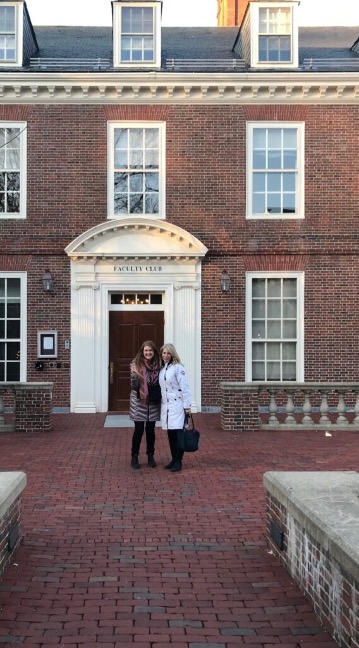
Claire and Sarah outside the Harvard Faculty Club
That evening, Dr. Karen Jackson-Weaver, Associate VP, New York University, presented on building leadership capacity for women in a 21st century global context. She presented some sobering statistics around gender disparity such as the statistic that even though women earn more degrees than men, they are underrepresented in leadership roles in the workforce in most sectors. Globally. We were then challenged to dialogue at our tables about building leadership capacity in ourselves and others, challenge definitions of leadership, foster wellbeing including deliberate self-care, and show up in our full potential as leaders.
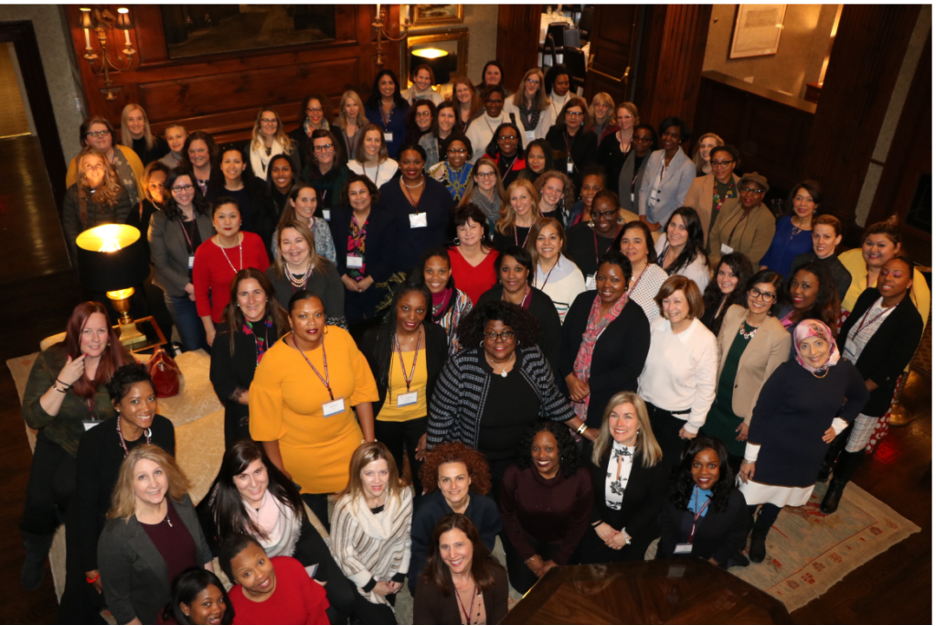
WIL inside the Harvard Graduate Club
It was somewhat ironic that much of our leadership learning was taking place at Harvard, a place that is not without its own complicated history involving women in leadership. We passed Radcliffe College, formerly the Women’s building, as we entered our lecture hall each day. Here, during the 1970s, members of the National Organization for Women and Radcliffe students fought for equal admission of men and women to Harvard, a ratio that was a world away from the existing four men to every one woman. This protest led to the number of female students at Harvard gradually increasing for the next 30 years, culminating in equal numbers in 2007 (Harrison, 2012). As we celebrate this milestone, we must continue to raise awareness in other areas. The faculty at Harvard is still largely male dominated — 1985 marked the highest number of women on faculty which was approximately one quarter of the faculty at large.
So, what’s the problem here? Well, as reflected by Dr. Ruth Hubbard, biologist, ’44, AM ’47, PhD ’50, it’s simply this: “Sitting at the feet of Harvard’s Great Men may mean students do not awaken to the ‘expectation that we might someday be Great Women (Harrison, 2012).” Representation matters and having role models to look up to in positions of leadership matters.
So, what are we choosing to do about it? We work to infuse positive and transformative leadership learning into how we show up as teachers, as colleagues, as partners and as friends. We also choose to challenge whenever we can — even through something as seemingly simple as a Halloween costume choice.
We returned to Canada excited, with a bursting tool kit, and a desire to share. Then, the pandemic hit. So, now, a year later, we offer a few lines that resonated with us. Here are our leadership takeaways from HGSE/WIL:
- “Start with yourself so you can lead others.” Allow yourself to dream and do. Be sure to take time to process the universe. – DJS
- “Understand people.” Dr. Sandra Sucher tested our ability to read face – actually, just eyes – to build our empathy muscle.
- Show up. Be responsible for your own work. Nurture your career. Dr. Elsa Núñez used Kenny Rogers’ “The Gambler” to teach career analysis and reflection: “Know when to hold ’em/ Know when to fold ’em/ Know when to walk away/ And know when to run.”
- Build relationships, Help Others: Each day, our name plates were moved to different spots in the room so we were compelled to chat with a variety of people and meet new colleagues. Networking is a key part of leadership development.
- “Yes, and—” (instead of No but). Margie Zohn challenged us to improvise into possibilities. If we are open, great adventures will happen.
Canadians are on the pathway to gender equity, but there is still work to be done. Let’s continue to challenge accepted norms, to push back, to speak up, to share our stories so that the next generation can enjoy a more inclusive world. IWD2021 gives us a reason, and an action plan with their 2021 slogan: “Celebrate women’s achievement. Raise awareness against bias. Take action for equality” (IWD2021.com).
#Choose to Challenge #IWD2021 #WIL #HGSE
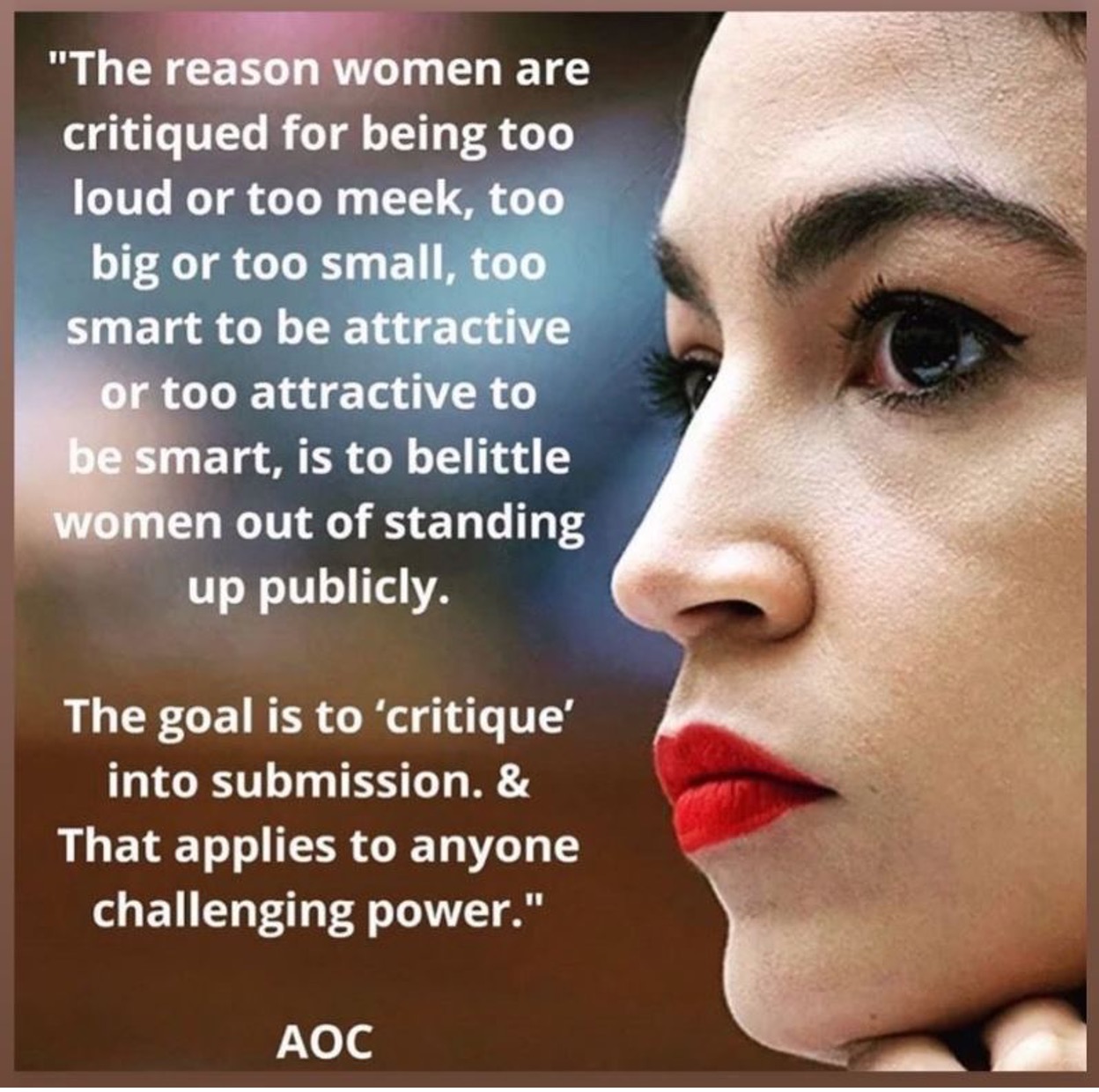
Alexandria Ocasio-Cortez (AOC)
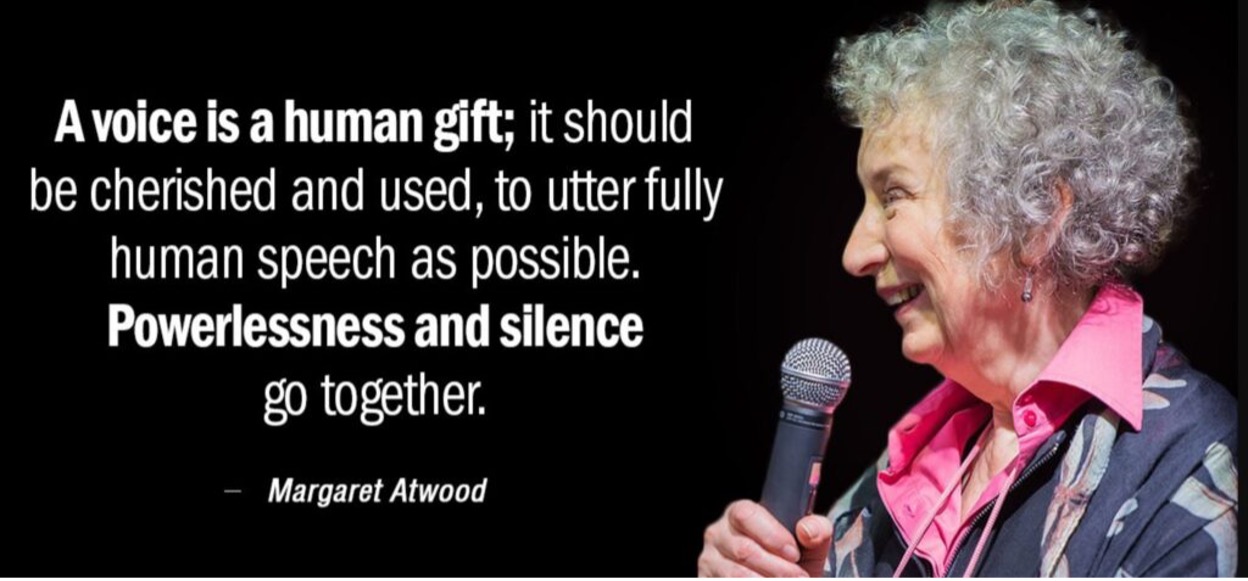
Margaret Atwood
References:
Campbell, Macaulay. Gretchen Gavett. (2021). What Covid-19 Has Done to Our Well-Being, in 12 Charts. (2021, February 10). Harvard Business Review. https://hbr.org/2021/02/what-covid-19-has-done-to-our-well-being-in-12-charts
P. Harrison, (2012). The complicated history of women at Harvard. Retrieved from https://www.radcliffe.harvard.edu/news-and-ideas/the-complicated-history-of-women-at-harvard
Schein, V. E. (2001). A global look at psychological barriers to women’s progress in management. The Journal of Social Issues, 57(4), 675-688.
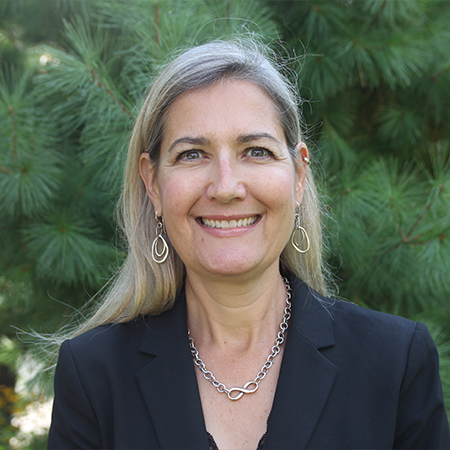 |
ABOUT THE AUTHOR Glenda Stoneman- Teacher, Social Science Glenda has been teaching Social Science at Appleby College for 18 years. Her focus has been on Canadian Geography Environment and Resource Management. An avid environmentalist, Glenda is a member of the Climate Action Acceleration Program team that is creating Appleby's sustainable and regenerative response to climate change. |
